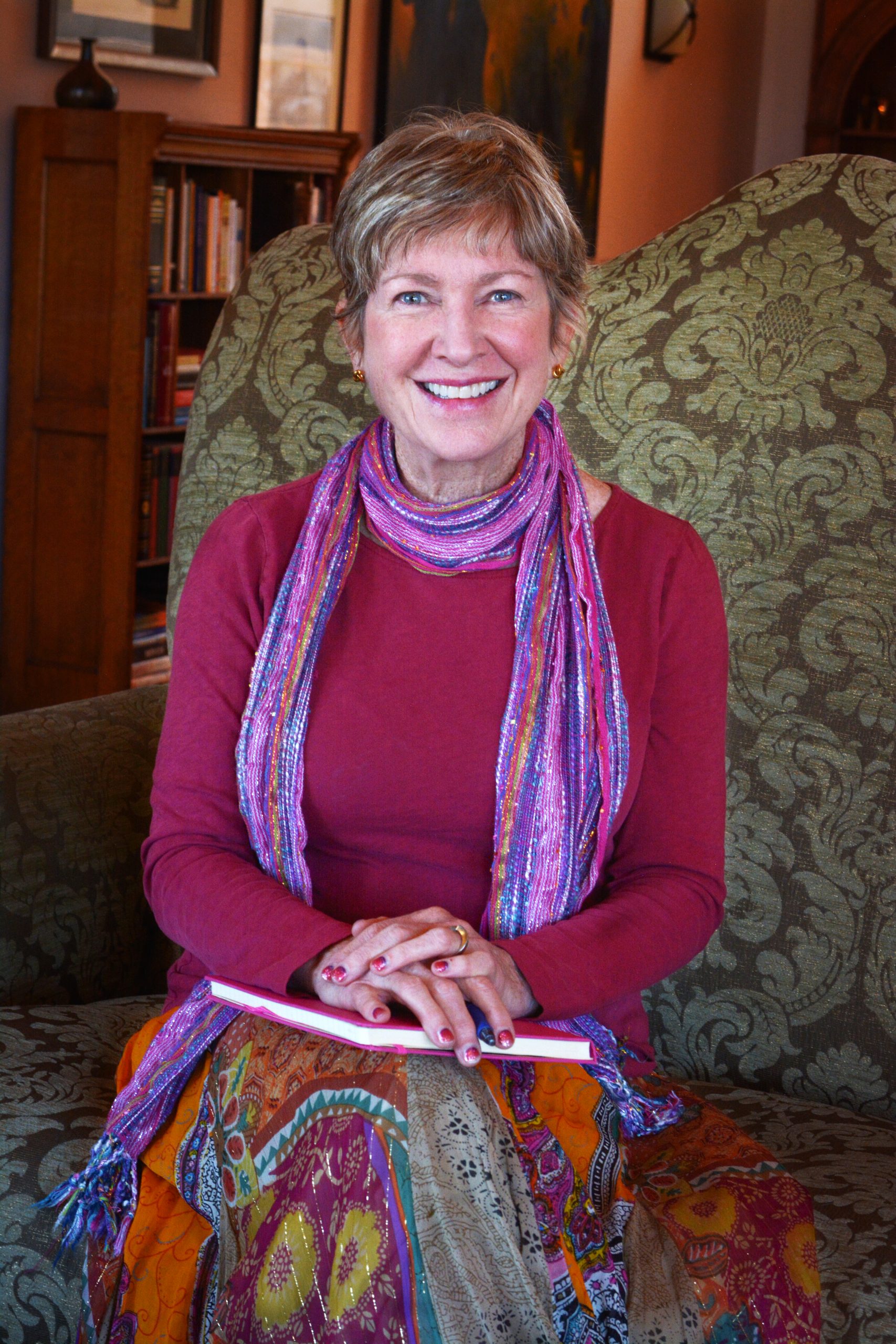She was barely alive when they rescued her from the rubble of what was once her cozy home and brought her to the stark building where now she merely survived. They were not bad people; they were just cold, like everything around her. The other children in the home had evolved as she had into submissive little robots, doing what they were told and mindlessly following the endless list of rules.
Wide awake now in the dark room, Celeste took a deep breath, looked around and shivered. Thirty metal-framed bunk beds lined the bare white walls of the room in which she slept. The cracked linoleum floor had lost its shine years ago, and the curtainless windows, thick with grime on the outside and a wet layer of condensation on the inside from the breath of so many sleeping children, hadn’t let light through in decades. Chips in the white porcelain sinks in the communal bathroom at the end of the narrow hallway trapped used toothpaste and hair, and even though she knew the toilets and showers were scrubbed daily—one of the chores all the girls were scheduled to complete—nothing in the overused bathroom could ever be truly clean.
The other girls, still restless in their own unsettled dreams, would not waken until the clang of the dawn bell hours from now. After years of living with these girls—had it been three years? Maybe four?—she had not made any close friends, despite her efforts at coaxing them to share their past lives. No one within the cheerless walls would talk about the event that left so many children alone. They simply called it “the event,” and after a while, the children stopped questioning. She had grown to hate her life in the hollow building with its repetitive days and its people with their blank faces. She had often daydreamed of running away.
Celeste glanced toward the small nightstand where she knew her meager possessions lay: blue jeans, a few baggy shirts left by older girls when they moved away—Where did they go?—the green scarf, a diary with a lock, the key to which she wore around her neck, the gray sack stamped in orange with the single word “HOME” which they gave to all newcomers, and a worn leather jacket with her initials, “C.A.N.,” embroidered on the warm inside lining.
A wave of guilt washed over her when she thought of how excited her parents were when they gave her the expensive gift to mark her first decade of life. It had been far too big for her at the time and she refused to wear the baggy garment. Today she wished they could see how much she treasured the now perfect gift. But they were gone, and she didn’t even know why.
Her heart raced again when she thought about the voice in her dream and its message of an easier way. Was it time to listen to the voice? Was it time to turn her daydreams into reality? How she wished for someone to trust, someone to make her believe that everything would be okay, someone to make her feel safe and loved again.
Resolved now that she would leave this place of nightmares, Celeste rose, dressed, stuffed her belongings into the gray bag, removed her name card from the foot of the bed and slid it into the clear outside pocket. Holding her shoes, she moved noiselessly to the kitchen, hoping to find some food. With four bruised apples, the only unprocessed food the children ever ate, and half a bag of stale crackers—everything else was locked behind steel cabinets—she made her way to the imposing front door and put on her shoes, zipped her jacket and tucked her hair beneath her scarf.
Remembering a trick her parents taught her as a child when she was frightened, she closed her eyes and breathed in deeply with her face upturned. She believed now as she had believed as a child that this would help to make her courageous. She reached for the door latch. It was time for Celeste Araia Nolan to leave this wearisome place that would never be home. It was time for her to take a leap into the unknown, even if it might hurt.

